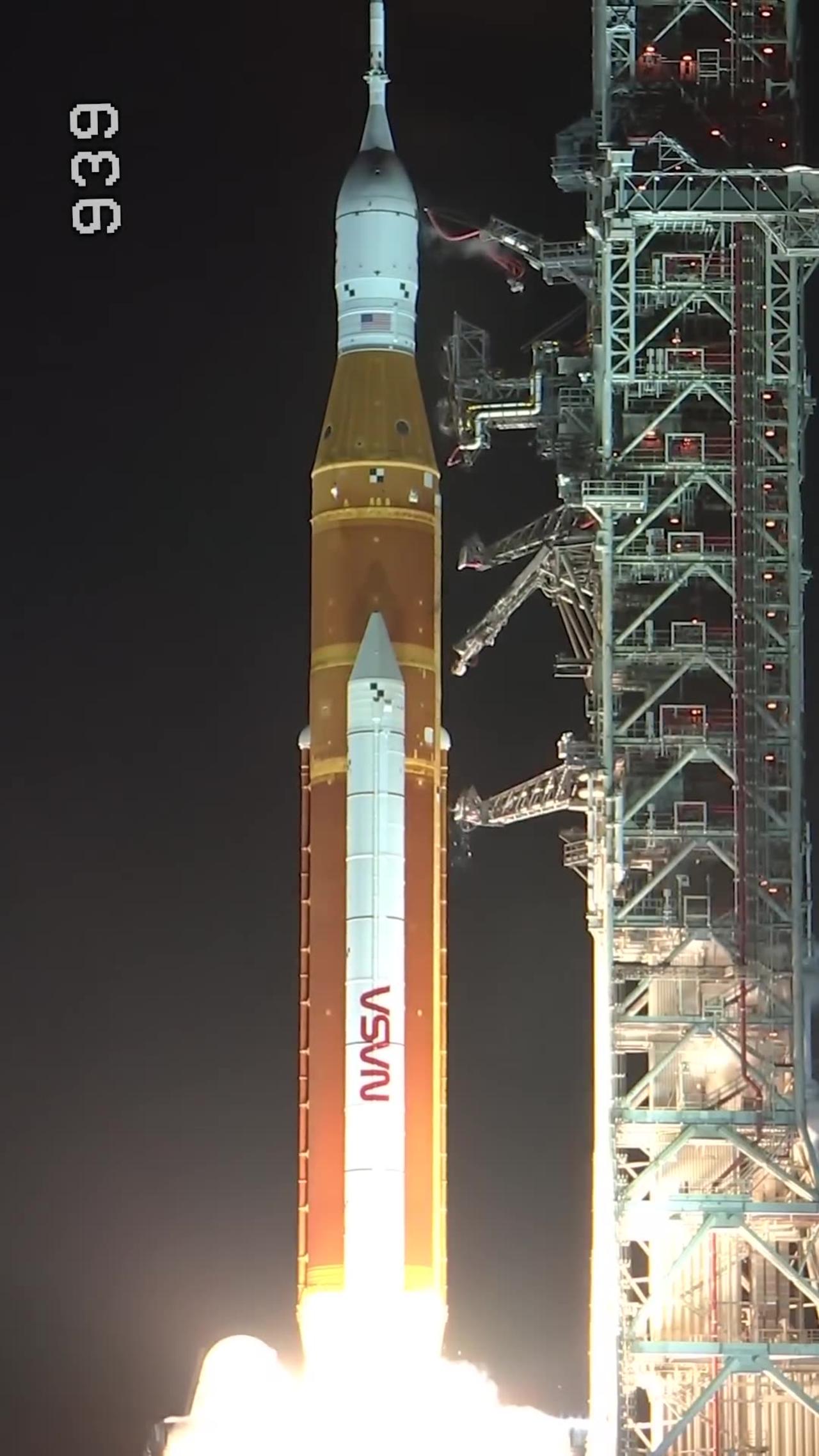
On November 16, 2022, the Orion spacecraft embarked on its mission to the Moon and back as it launched aboard the Space Launch System (SLS) rocket from NASA's Kennedy Space Center.
Known as the #Artemis I mission, this marked a significant step in space exploration.
Orion successfully orbited the Moon, achieving a remarkable proximity of 79 miles to the lunar surface.
The mission concluded with a triumphant splashdown on Earth 25.5 days later, precisely on December 11.
The powerful launch and flight were made possible by the combined force of four RS-25 engines and two five-segment solid rocket boosters.
This dynamic system generated an astounding 8.8 million pounds of thrust during liftoff and throughout the journey.
One notable contribution to this achievement was the development of an innovative RS-25 engine controller, capable of monitoring engine health with a frequency of 50 times per second.
As a result, engineers amassed a wealth of data, including over 100 measurements of pressures, temperatures, flows, speeds, and vibrations from the four RS-25 engines that played a pivotal role in propelling Artemis I.
Preliminary analysis of the post-flight data has revealed exceptional performance across all SLS systems. These outcomes underscore the readiness of the designs to facilitate a crewed flight in the upcoming Artemis II mission.
This mission marks a significant leap toward establishing a sustained human presence on the lunar surface, and notably, it holds the promise of landing the first woman and first person of color on the Moon.
The video captures the launch from the perimeter of Launch Pad 39B, serving as a valuable tool for engineers to monitor and track the rocket's trajectory during its flight.
Video credit is attributed to NASA, while the accompanying music is courtesy of Universal Production Music.










